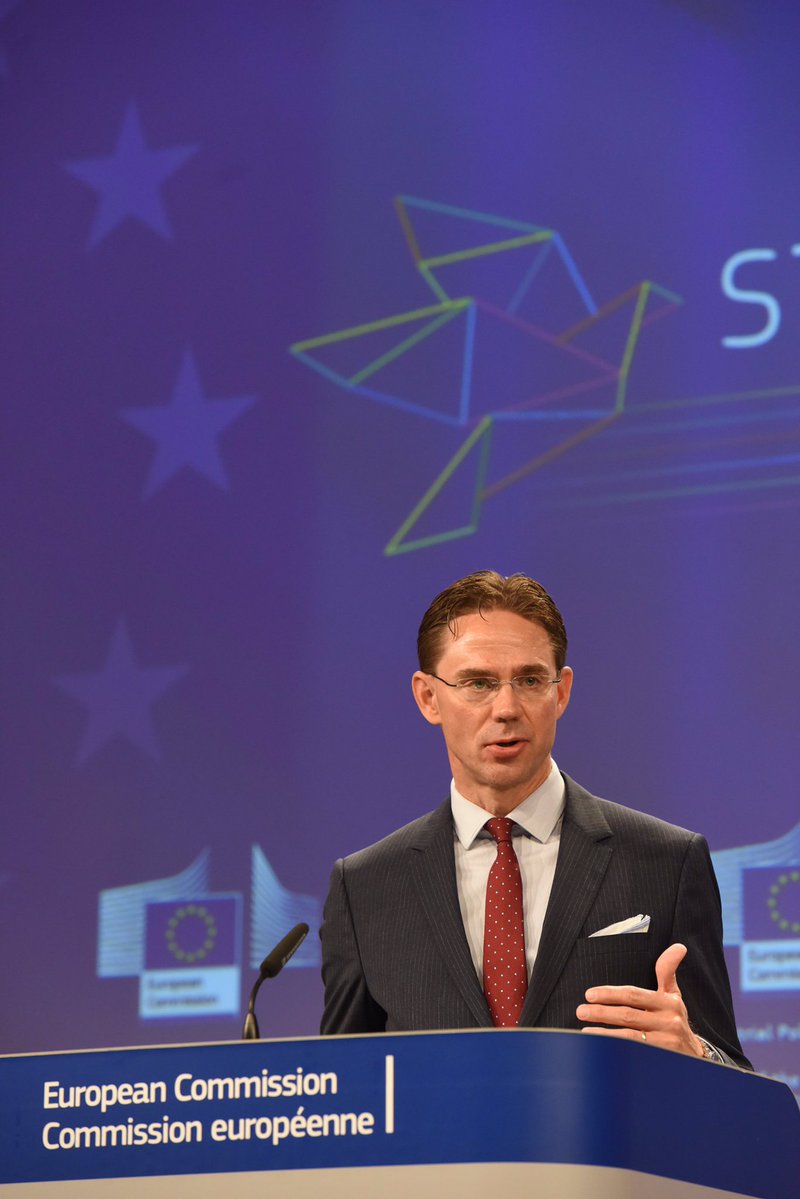Katalainen, who was the key note speaker at the EFIB 2017-conference on wednesday the 11th of October, expressed his interest in the bio-economy which appeals to him from various perspectives. ‘From an economic perspective it is the way forward, particularly as the bio-economy fosters regional development which brings economic growth to rural areas and creates jobs. It also strengthens the competitiveness of the European economy. From an environmental viewpoint the bio-economy makes sense as the EU-members aim to reduce their CO2-emissions.’
Despite his fondness for the bio-economy, Katalainen focussed primarily on the circular economy, which – of course – has a broader scope than the bio-economy the DG made it clear that renewables clearly play a role in cases where loops can not be closed. This could be for example packaging concepts that can not be recycled (flexibles for food packaging purposes, ed.). As for the industrial biotechsector, Katainen expressed his concern for the European continent. ‘Compared to the US, our sector has a few challenges. Also, I notice that the know how and industrial activity is limited to only a few member states.’
Nevertheless, Katainen was optimistic about the progress that has been made in terms of R&D. Currently, the Horizon2020 is being reviewed (mid-term). The review will be published mid november, Katainen disclosed.



